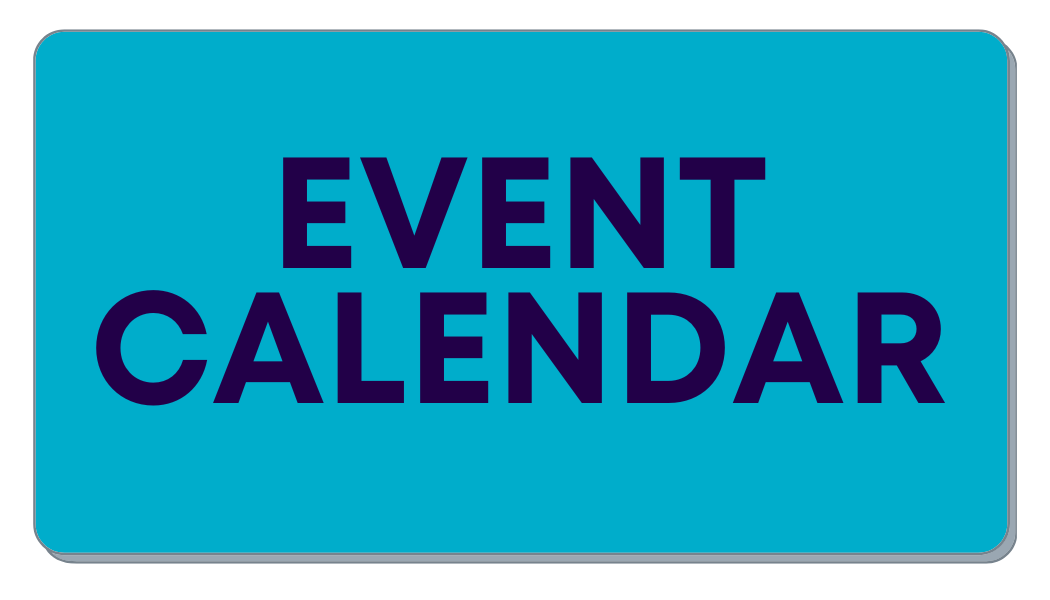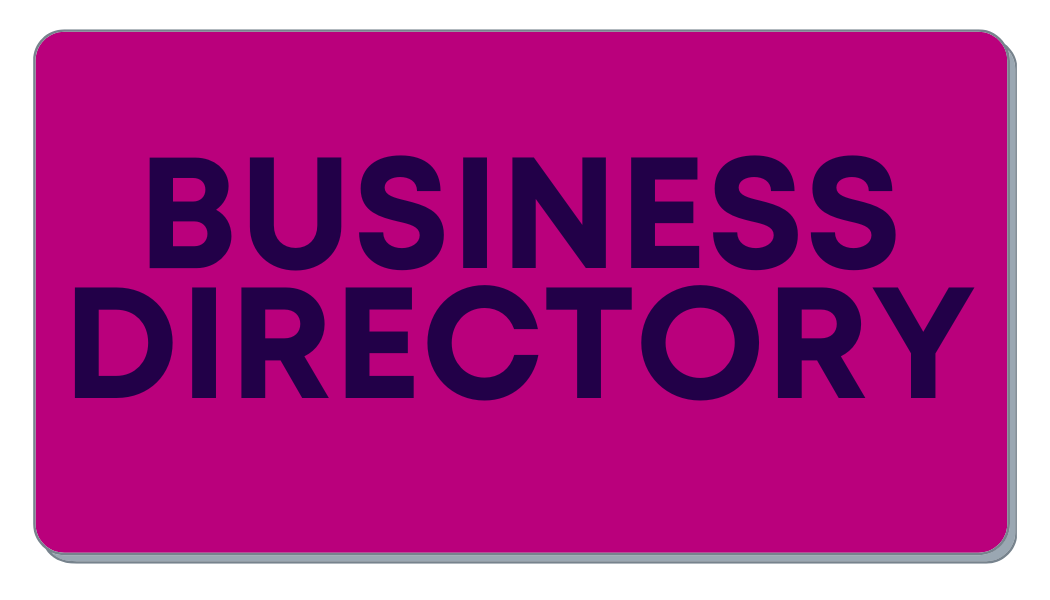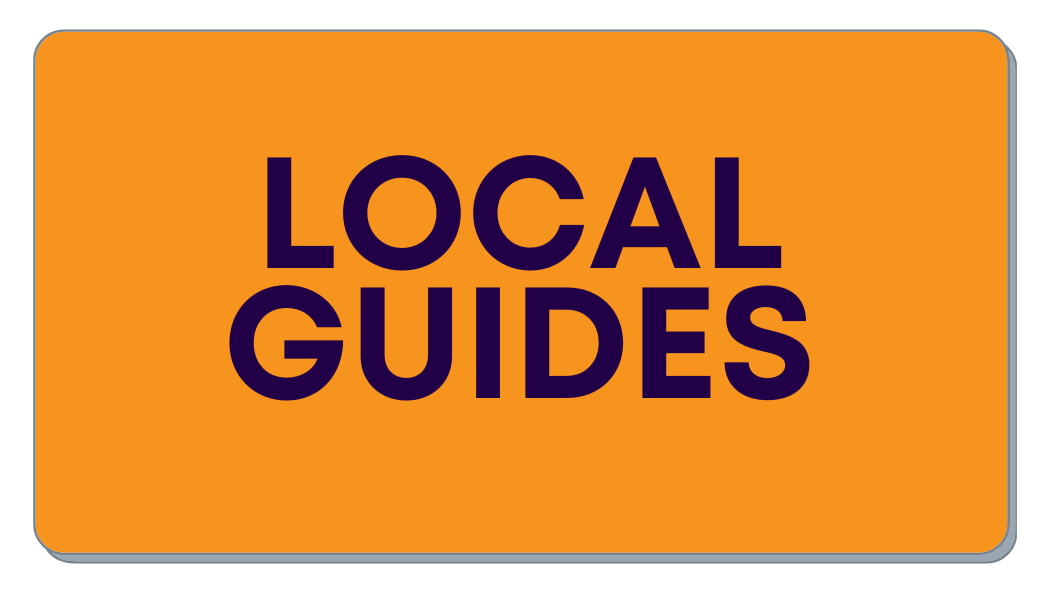April is Autism Awareness Month, a time to educate others and raise awareness and reduce the stigma associated with autism spectrum disorder (ASD).
A spectrum disorder means that there are a wide range of symptoms and severity like challenges with social skills, repetitive behavior, nonverbal communication, etc. Some individuals with ASD may be able to live independently and have successful careers, while others may need significant support.
There is no cure for ASD, but there are treatments that can help individuals with ASD manage their symptoms and improve their quality of life. Some of these treatments include: early intervention, behavioral therapy, and medication. According to the CDC, 1 in 36 children in the United States have been identified with autism. It is also noted that ASD is more than four times more common among boys than among girls.
There is no one-size-fits-all treatment for autism, but there are many effective therapies that can help children and adults with autism reach their full potential. These therapies can include applied behavior analysis (ABA), occupational therapy, and speech therapy.
It is important to remember that individuals living with autism are individuals with unique strengths and challenges.
What are some of the challenges of living with autism?
The symptoms of autism can vary from person to person. Some common symptoms include:
- Difficulty communicating with others
- Repetitive behaviors
- Unusual interests
- Difficulty making eye contact
- Difficulty understanding social cues
What causes autism?
The exact cause of autism is unknown, but it is thought to be caused by a combination of sensory sensitivities, physical health (GI disorders, seizures, sleep disorders) and mental health (anxiety, depression, attention).
How is autism diagnosed?
Autism is diagnosed by a doctor based on the child's symptoms. There is no one test that can diagnose autism. Symptoms usually appear between 18 months and three years old.
How is autism treated?
There is no cure for autism, but there are treatments that can help people with autism manage their symptoms. Some common treatments include:
- Speech therapy
- Occupational therapy
- Behavioral therapy
- Social skills training
How can I participate in autism awareness month?
There are many ways you can participate in autism awareness month. Some of these things include:
- Attend an autism awareness event
- Donate to an autism organization
- Spread awareness about autism on social media
Here are some tips for supporting individuals living with autism:
- Educate yourself about autism. There are many resources available online and in libraries.
- Be aware of the challenges that individuals living with autism face.
- Be patient and understanding.
- Be supportive. Individuals living with autism often need extra help and support.
- Celebrate the unique talents and abilities.
- Help the individual to communicate effectively.
- Help the individual to learn social skills.
- Be a friend; individuals living with ASD may have difficulty making friends.
- Advocate for people with ASD: write to your elected officials, donate to organizations that support individuals with ASD, or volunteer your time.
Resources in the Fort Myers - Fort Myers Beach area:
Education Advocates of America
Hopebridge Autism Therapy Centers
We Rock the Spectrum Kids' Gym
Other Related Articles
Living With Autism: When A Sibling Leaves for College
Resource Guide for Children With Disabilities
Tips for Autism Acceptance from a Paraprofessional
Tips for Talking With Your Kids About Autism
 |  |  |
 |  |  |
Want to get in touch with us? Contact your publisher (Arianna) at mackidfortmyersbeach@macaronikid.com.
*This link contains an affiliate link and Macaroni Kid Fort Myers - Fort Myers Beach receives a commission from purchases made through this link- at no additional cost to you!







